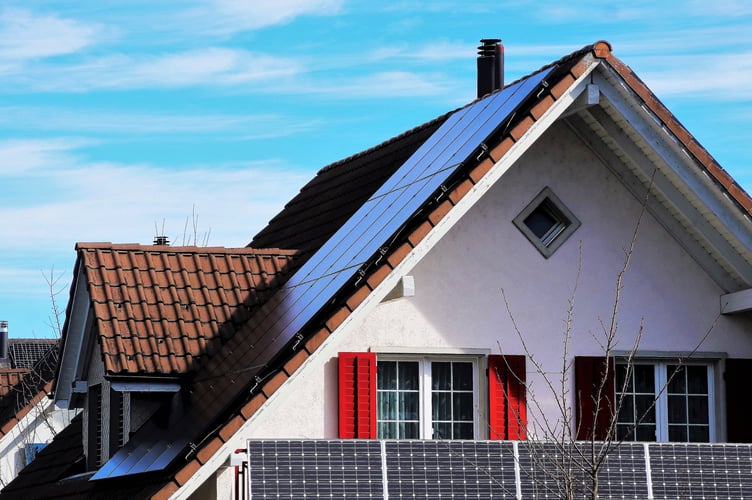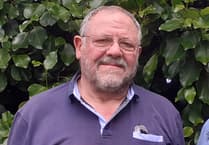We often hear the argument that the UK is too small to make a difference in combatting climate change as we produce less than 1% of global emissions. Fortunately, many other countries have taken innovative steps to cut their emissions in 2024.
Asian countries are pioneering floating solar with solar panels installed on the surface of lakes and freshwater reservoirs on a huge scale. Solar panels work more efficiently when cooled by the water, and the shading from the solar panels helps to conserve scarce water resources by reducing evaporation.
In 2024, the world’s largest floating solar farm was completed on the Omakareshwar Dam reservoir in India, extending over 100 square kilometres. Singapore was one of the first countries to adopt floating solar due to a lack of available land, and there are now installations in Thailand, Indonesia, Viet Nam and the Philippines.
Germany has started a balcony solar revolution with 1.5 million balconies now hosting solar panels. They can be fitted by the homeowner and plugged into a normal electrical socket via a converter. They can save 30% on electricity bills and residents can take them with them when they move. The balcony revolution is spreading across Europe, especially in Spain where two thirds of the population live in apartments.
In the UK, decommissioned coal-fired power stations have been found to be the perfect sites for battery storage plants as they have excellent grid connections. Former coal power stations in West Yorkshire and Cheshire have been repurposed for grid-scale battery energy storage.
Worldwide, the cost of renewables has continued to fall so that renewables are now the cheapest form of energy in almost every country. In 2024, 30% of the world’s electricity was generated by renewables, with China having by far the most renewable energy, followed by the US, Brazil and India.
The countries with the coldest climates are making the greatest progress in electrifying the heating of buildings. The cities of Quebec and Vancouver in Canada are moving to 100% renewable energy to heat all buildings, with the aim to remove fossil fuels from buildings by 2040. In the Nordic countries of Norway, Sweden and Finland, energy-efficient heat pumps are now the most common method of heating homes.
In the US, air-to-air heat pumps that can also double as air conditioners in summer have outsold gas and oil boilers every year since 2021.
Sales of petrol and diesel cars are falling across the world. Shell is closing 1,000 petrol stations in Europe and China and turning them into EV charging stations. Next year, Shell will increase the number of charging points it operates from 54,000 to 70,000.
In the UK, one in four cars sold last month was fully electric. In Norway, nine out of 10 new cars sold are electric and it has more electric cars on the road than petrol cars. China, where electric cars are cheaper to buy than petrol cars, has over half of the world’s electric vehicles, and its oil imports are now falling.





Comments
This article has no comments yet. Be the first to leave a comment.